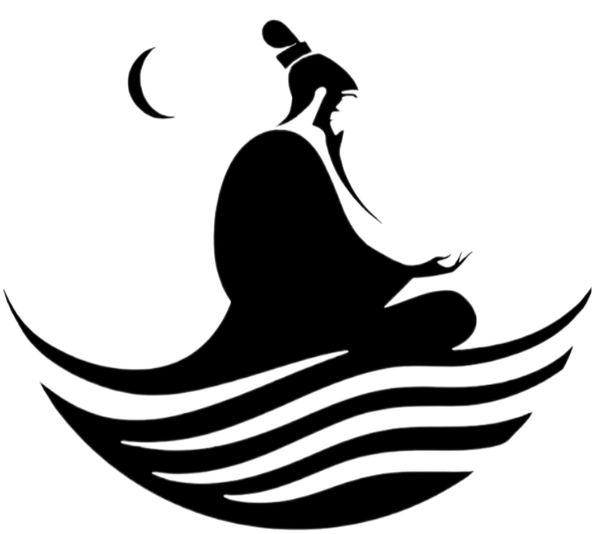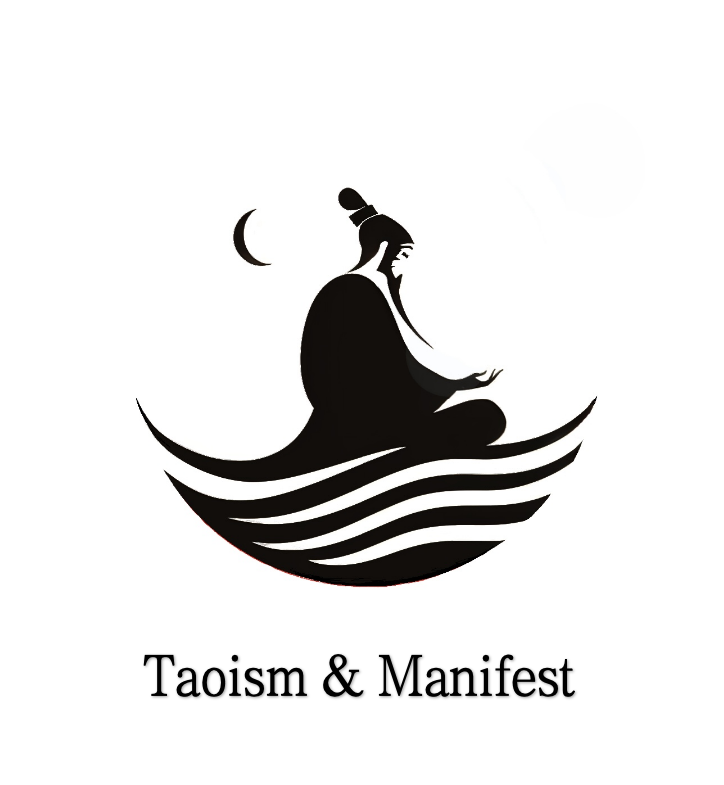
Taoism and Taoism teach core principles that help people live better lives. These core principles include harmony with the Tao, Wu Wei, yin and yang, simplicity, compassion, humility, and the Three Treasures. People use these Taoist core principles to find balance, peace, and mindfulness in life. The way of the Tao tells us to act naturally and follow the Tao. Compassion helps people be kind and peaceful. Humility helps people learn and be mindful. The three main core principles of the Tao—compassion, frugality, and humility—help people find peace and harmony. When people follow the Tao, they find mindfulness and balance in every moment. This brings inner peace and a happy life.
Key Takeaways
Taoism teaches us to live in harmony with the natural flow of life, which is called the Tao. This helps us find peace and balance.
Wu Wei means acting in a natural way and not forcing things. This can lower stress and help us make better choices.
Yin and yang show that opposite forces work together. They help create balance in life and nature.
The Three Treasures are compassion, frugality, and humility. These guide people to be kind and live simply. Practicing mindfulness, simplicity, and kindness every day helps people feel calm, connected, and happy.
Core Principles of Taoism

Harmony with the Tao
Harmony with the Tao stands at the heart of Taoism. This principle teaches that people should live in alignment with the natural order, called the Tao. The Tao is the way of the universe, guiding everything from the movement of the stars to the growth of plants. When someone follows the way, they find balance and peace in life. Taoist principles encourage people to embrace simplicity, spontaneity, and non-action. Non-action, or Wu Wei, means acting without forcing things or letting ego take over. Instead, people flow with the natural rhythms of life, much like a sailor moves with the waves. This approach helps people find inner peace, even during challenges. (For deeper insight into living with the Tao, see Taoism and the Art of Letting Go in Relationships.)
Taoism show that harmony comes from balancing opposites, such as light and dark or joy and sadness. The philosophy of the Tao reminds everyone that both sides are needed for true balance. Practicing harmony with the Tao can look like letting go of anger when stuck in traffic, living simply, or showing compassion to others. Mindfulness and meditation help people stay present and connected to the natural flow of the Tao. By living this way, people experience more peace and clarity in their daily lives.
Wu Wei
Wu Wei is one of the most important core teachings of Taoism. This idea means "non-action" or "effortless action." Wu Wei does not mean doing nothing. Instead, it means acting in a way that feels natural and unforced. In Taoism, people learn to stop pushing against the world and start moving with it. The Tao Te Ching and other Taoist texts teach that Wu Wei helps people avoid stress and struggle. When someone practices Wu Wei, they let go of rigid plans and allow the natural flow of the Tao to guide them.
Taoism explains that Wu Wei brings many benefits. People who follow this way often feel less stress and more joy. They make better choices because they pause and reflect before acting. Mindfulness plays a big role in Wu Wei. By paying attention to the present moment, people can sense when to act and when to wait. Wu Wei also helps with balance. It teaches people to accept change and uncertainty, which leads to greater peace. In daily life, Wu Wei might mean taking breaks when tired, listening to others without interrupting, or letting go of the need to control every outcome. The philosophy of the Tao shows that Wu Wei is not laziness but a wise way to live in harmony with the world. (Further explore the concept of Wu Wei in Navigating Through Taoist Work Through Taoism.)
Yin and Yang
Yin and yang are key symbols in Taoism. They show how everything in the universe connects and depends on each other. Yin stands for qualities like darkness, rest, and coolness. Yang stands for light, activity, and warmth. These forces are not enemies. Instead, they work together to create balance and harmony. The Tao Te Ching and other core teachings of Taoism use yin and yang to explain how the world works. Every person, feeling, and event has both yin and yang sides.
Taoism teaches that balance between yin and yang is essential for health and happiness. When one side grows too strong, problems can appear. For example, too much activity (yang) without rest (yin) can lead to stress. Taoist principles encourage people to notice these forces in their lives and seek balance. Mindfulness helps people see when they need more rest or more action. The natural flow of the Tao includes both yin and yang, always changing and moving. By understanding this, people can live in greater harmony with themselves and the world. The way of yin and yang reminds everyone that opposites are not separate but deeply connected, forming the whole of life. (For a detailed explanation, visit our article on Calming Through Taoist Sketching Techniques.)
Taoist Virtues and Treasures
Three Treasures
Taoism says the Three Treasures are very important. These treasures are compassion, frugality, and humility. Compassion means being kind and caring to others. Frugality is about living simply and not wasting things. Humility means not bragging or trying to be first. The Tao Te Ching calls these treasures the base for a peaceful life. Taoist leaders and followers use them to make choices. Being compassionate helps people trust each other and get along. Frugality helps people want less and live balanced lives. Humility stops pride and helps people work together. Taoism values these treasures because they bring peace to people and groups.
Five Virtues
Taoism also teaches five main virtues. These are benevolence, righteousness, propriety, wisdom, and trustworthiness. Benevolence means being kind and helping others. Righteousness is about doing what is right. Propriety means showing respect and having good manners. Wisdom helps people make smart choices. Trustworthiness helps people build strong friendships. Taoist teachings say to practice these virtues every day. Growing virtues like kindness makes the world better. Taoism shows that living with virtue brings harmony with the Tao. (Explore the impact of these virtues in Taoism Helps You Slow Down and Enjoy City Life.)
Simplicity and Humility
Simplicity and humility are important in Taoism. Simplicity means letting go of extra wants and focusing on what matters. Humility means knowing your place and helping others. Daoist stories show that nature does not rush, but everything gets done. People who live simply find happiness in small things. Humility helps people avoid fights and live calmly. Taoism teaches that simplicity and humility bring inner peace and balance. Doing these things every day helps people stay close to the Tao. Being kind and humble makes life full of harmony and joy.
Living in Harmony

Naturalness and Balance
Taoism teaches people to live in harmony with the tao by following nature’s way. People who want balance let go of extra wants and live simply. The Tao is the natural order of everything in the world. When people follow the tao, they feel more peace and show kindness each day. Yin and yang show how opposites work together to make balance. Taoism tells everyone to act with mindfulness and kindness to find harmony.
People who follow taoism work on improving themselves. They let go of stress and find peace by being outside. Studies show that being in nature helps people feel less anxious and more calm. Mindfulness in nature helps people feel balanced and kind. Taoism values naturalness because it brings harmony and helps people feel close to the world. When people choose harmony, they feel more kindness, peace, and balance.
Applying Taoism Daily
Taoism gives many ways to bring harmony into daily life. People can use mindful breathing to connect with the tao and feel calm. Making life simple by removing clutter and extra chores helps people find balance. Being outside every day helps people grow and feel harmony. Taoism teaches wu wei, which means acting without forcing things. People can let go of control and act with kindness and mindfulness.
At work or home, taoism says to be flexible and patient. People can find balance by trusting others and letting things happen naturally. Being kind and caring helps make peace at home and at work. Taoism values virtue, so people show respect and kindness to all. Mindfulness helps people know when to rest and when to do things. By following the Tao, people find peace, kindness, and harmony in every moment. Living in harmony with the tao brings joy, balance, and a feeling of being connected to everything.
Taoism helps people live with the Tao by using Wu Wei, balance, and humility. Taoism cares about harmony with nature. The Tao moves through everything. People who follow taoism learn to accept change. They find peace in the Tao. Taoism says moderation and gratitude help people grow. Living simply and caring for others is important in taoism. Taoism tells people to be mindful and patient. The tao helps people feel well and grow spiritually. Taoism asks everyone to relax, breathe, and trust the Tao. When people choose taoism, they find joy and balance every day.
FAQ
What is the main goal of taoism?
Taoism helps people find balance and peace in life. It teaches people to live simply and follow the Tao. People who practice taoism often feel calm and happy.
How does taoism suggest handling stress?
Daoism teaches people to relax and let go of worries. Deep breathing and being in nature can help a lot. Daoism says stress goes away when people accept change and trust life.
Can anyone practice taoism?
Yes, anyone can practice taoism. People do not need special skills or things. Daoism welcomes everyone who wants to live with kindness and respect for nature.
What are some daily habits from taoism?
People who follow taoism practice mindfulness and show kindness. They keep life simple and may meditate or go outside. They do not rush and try to stay calm and balanced.
Why do people value humility in taoism?
Taoism values humility because it helps people learn and grow. Humble people listen to others and do not act proud. This helps people get along and have peaceful lives.
See Also
Taoism and the Art of Letting Go in Relationships






